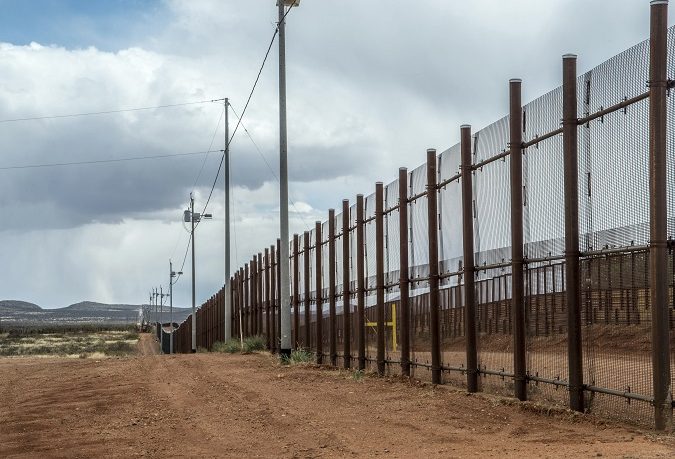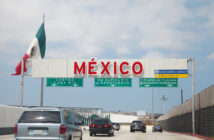Arrivals at America’s southern border are rising, despite the continued ban on “non-essential” travel. At the rate northbound traffic is increasing, crossings will soon be back to pre-COVID-19 levels.
An interactive government database shows pedestrian and vehicular arrivals at the five busiest ports of entry rose to 3,359,795 in May, up 38 percent over April. San Ysidro, Calif., the nation’s largest land port, registered a 27 percent increase while smaller checkpoints posted larger spikes. Del Rio, Texas, was up 94 percent.
President Donald Trump’s March 20 order restricting border crossings to non-essential travel has been extended through Aug. 21 in an effort to curb the spread of coronavirus. But, for whatever reason, U.S.-bound traffic is building.
The crowded port at San Ysidro, just south of San Diego, illustrates what U.S. Customs and Border Protection agents are up against. In May, 1,019,554 people in cars and 295,421 pedestrians arrived there – all of them supposedly engaged in “essential travel.”
“Just how the officers at San Ysidro can appropriately make more than 1.3 million favorable decisions on the admission of these border crossers is hard to imagine,” noted David North of the Center for Immigration Studies. “If that number were spread evenly over the days, it would be more than 1,750 an hour, for each and every hour of the day.”
In most cases, arrivals are U.S. citizens or green card holders, many of whom cross multiple times per month. But as numbers increase, the composition will likely include more foreign nationals. Ascertaining health status and reasons for travel becomes more complex and time-consuming amid a rising tide.
Interestingly, commercial traffic at many of the ports has been flat or even declined. This raises more questions about the purportedly “essential” purposes of increased non-commercial crossings.
The June and July statistics will tell us more definitively what road we are on.#




